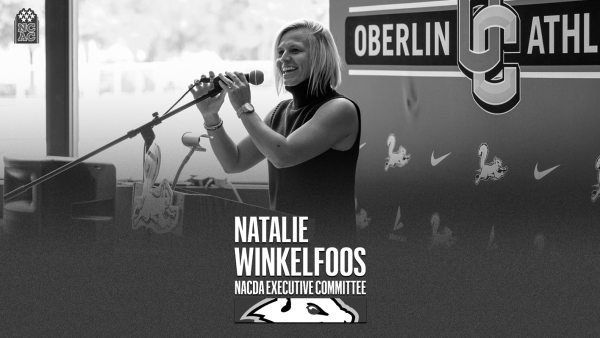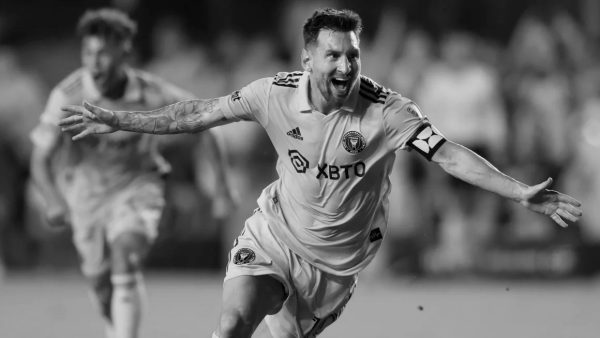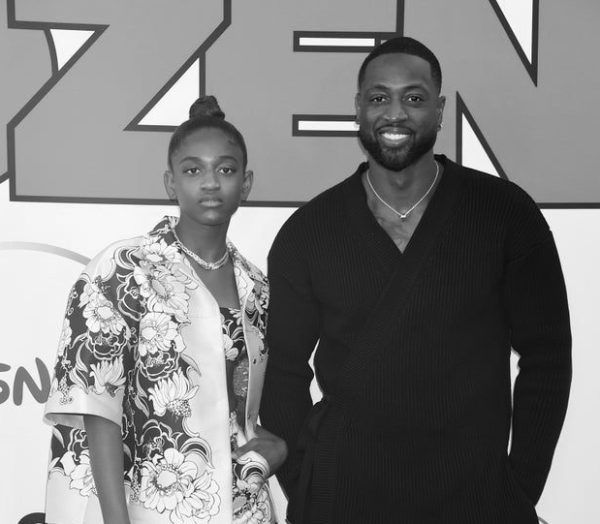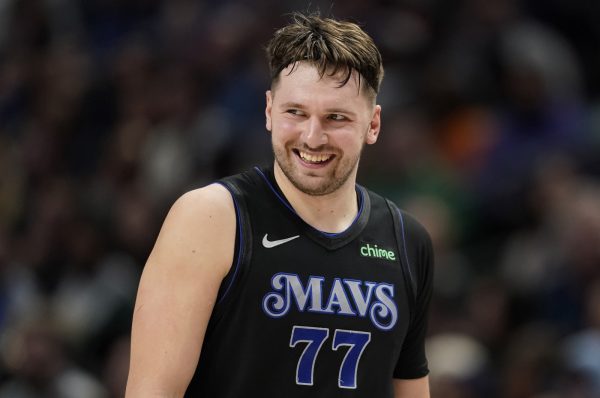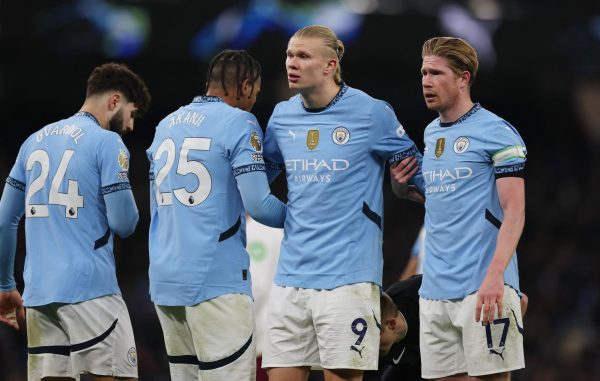Oberlin Athletes Grow Their Public Image
Student-athletes at schools like the University of Alabama, Clemson University, and Duke University often find themselves idolized by younger sports fanatics thanks to massive brand deals, especially thanks to the new Name, Image, and Likeness regulations passed by the NCAA. Although they often do not receive as much recognition as Division I competitors, Oberlin student-athletes are navigating brand deals and a public image as well.
Second-year men’s basketball player Yuuki Okubo has an online presence that has been growing since he was in high school.
“As a DIII athlete, I would say I have a little online following,” Okubo said. “My following grew from my time in high school, where I played with famous NBA player Shaq’s sons Shareef and Shaqir.”
Okubo says that with the popularity and following of Shareef and Shaqir, there was always a huge social media presence at every game he played.
“Being the short Asian dude playing with them — which you don’t usually see — people started noticing me, and my following grew,” Okubo, who is five-foot-nine, said.
Okubo’s audience, primarily on YouTube and TikTok, likes to see anything basketball-related. He enjoys having people follow him online and being able to say he has his own “fan base.”
“Even though I am quiet and like to be lowkey, mostly just doing my own thing, I think it’s amazing to have people from around the world supporting me and watching me,” Okubo said. “Also being able to be an inspiration to younger kids, especially kids that have been counted out or told they wouldn’t be able to [do something], I am proud but grateful to be in the position to do so.”
Okubo thinks that his identity as an Asian athlete has put him in a unique position to inspire others and also serve as a form of representation for other AAPI basketball players.
“The sport [of] basketball has one of the biggest social media presence[s] already, so it definitely helps, but being Japanese and undersized contributed to my following because you don’t see that every day in American sports,” Okubo said.
Other athletes like Gina Lombard, a third-year on the women’s basketball team, and Aidan Loh, a third-year on the men’s lacrosse team, have found themselves in unique positions as brand ambassadors.
In the past year, both had reached out to Liquid I.V., an electrolyte drink mix company, to see if they could be sponsored. The company agreed, and now Lombard and Loh each have their own code that works on the website. When someone makes a purchase on Liquid I.V.’s site with that code, the athletes earn a portion of the profit.
Loh never thought he would be able to make money through something like this, but he wanted to take advantage of the many opportunities being a Division III athlete can offer.
“I’d been using Liquid I.V. products for years,” Loh said. “When the opportunity to become sponsored came up, I jumped at the chance.”
He considered growing his “brand,” when the option to do so became available, but he was unsure of where to start, as it is still a new concept for all college athletes. Lombard, on the other hand, never really thought about it until she learned how easy it is to get certain sponsorships.
“It was pretty simple,” Lombard said. “I filled out a form, and then they emailed me and asked for a couple of other details. Once I was approved, they sent me my first shipment.”
Loh now believes that he is known more for brand deals and athletics, but doesn’t want that to be the sole aspect of his identity.
“I’d consider myself as an athlete in the public eye, but I don’t like to think of it as my entire identity,” Loh said. “I am involved in many organizations on campus, and I would like to also be known for my involvement on campus outside of [athletics].”
Although DIII athletes are often counted out and underestimated, these Oberlin student-athletes have recently found themselves in positions where they can grow their brands and online presence.



